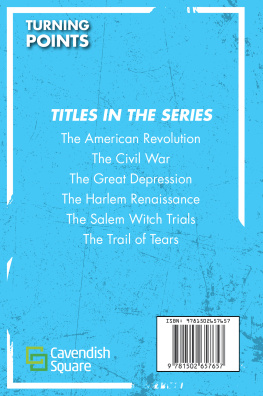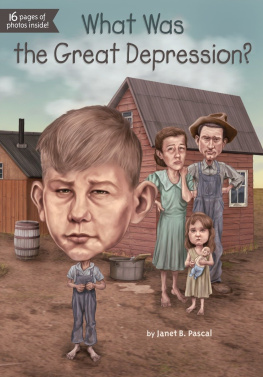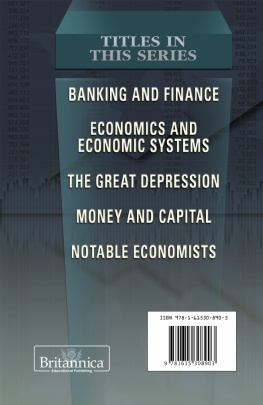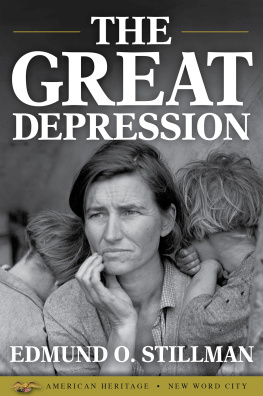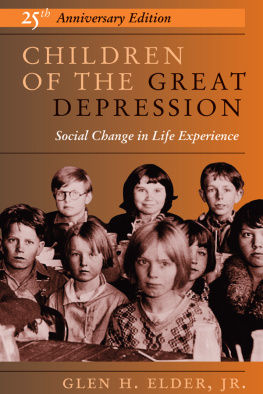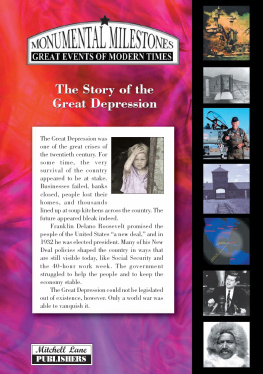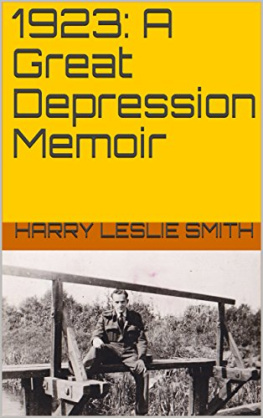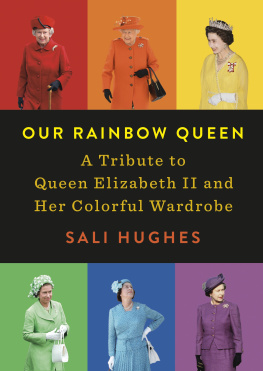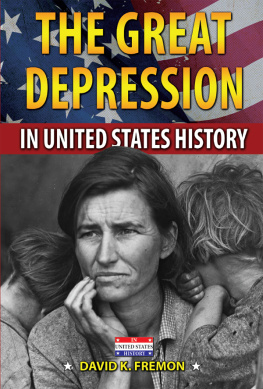BABBITTS AND BOHEMIANS
BABBITTS AND BOHEMIANS
From the Great War to the Great Depression
ELIZABETH STEVENSON
with a new introduction by the author
Originally published by the Macmillan Company 1967 by Elizabeth Stevenson.
Published 1998 by Transaction Publishers
Published 2017 by Routledge
2 Park Square, Milton Park, Abingdon, Oxon OX14 4RN
711 Third Avenue, New York, NY 10017, USA
Routledge is an imprint of the Taylor & Francis Group, an informa business
New material this edition copyright 1998 by Elizabeth Stevenson.
All rights reserved. No part of this book may be reprinted or reproduced or utilised in any form or by any electronic, mechanical, or other means, now known or hereafter invented, including photocopying and recording, or in any information storage or retrieval system, without permission in writing from the publishers.
Notice:
Product or corporate names may be trademarks or registered trademarks, and are used only for identification and explanation without intent to infringe.
Library of Congress Catalog Number: 97-4262
Library of Congress Cataloging-in-Publication Data
Stevenson, Elizabeth, 1919-
Babbitts and bohemians ; from the Great War to the Great Depression / Elizabeth Stevenson with a new introduction by the author.
p. cm.
Originally published: New York : Macmillan, 1967.
Includes bibliographical references and index.
ISBN 1-56000-960-8 (pbk. : alk. paper)
1. United StatesHistory1919-1933. I. Title.
E784.S697 1997
973.91dc2197-4262
CIP
ISBN 13 :978-1-56000-960-3 (pbk)
To J ohn F. K ennedy
who made the American 1960s a good time to be alive
this book about the American 1920s
ILLUSTRATIONS
Library of Congress
Library of Congress
Library of Congress
Courtesy of Underwood & Underwood, Library of Congress Collection
Library of Congress
Library of Congress
Library of Congress
Courtesy of Underwood & Underwood, Library of Congress Collection
Library of Congress
Courtesy of Underwood & Underwood, Library of Congress Collection
Library of Congress
Courtesy of Mrs. Esther C. Goddard
Library of Congress
Courtesy of Underwood & Underwood, Library of Congress Collection
Courtesy of Underwood & Underwood, Library of Congress Collection
Courtesy of Peter A. Juley & Son
In the eyes of posterity, the success of the United States as a civilized society will be largely judged by the creative activities of its citizens ...
T he P residents C ommission on N ational G oals (1960)
The labels we put upon periods of history turn out to be, if not shams, at least deceptions. Half-hidden impulses in the fifties nurtured the sixties; much of the naive aspiration of the sixties turned into the grim insistences of the seventies. Who knows what future decades will make of the nineties?
Yet the label the twenties seems still to have a lasting meaning, if not clear-cut boundaries. One might say that the twenties began when a war across the seas in 1917 and 1918 disturbed the Progressive assurances of the previous decade, and that the twenties ended in a series of shocks which lasted from 1929 till 1932. Yet this particular American time exhibits in almost theatrical form the classic American habits: of turning inward and away from both foreign and domestic problems after a spasm of taking part in them; of living for a time in a rosy illusion of hope; and, at the end, of falling into a well deserved but unexpected disaster.
Upon a suggestion that I write a book about a generation of souls rather than one soul, I found that I had a need to get away from my own tumultuous time (the mid-sixties, which I was observing from a good seat in a middle-sized university) and find out what I thought about that other time. I took advantage of a vacation and, in an isolated southern mountain valley, I began to consider the people of the twenties and the world in which they lived.
For me, a child then, it had been a protected and nurturing period. I know, from hindsight, that this had been so for my young parents. I could see that my familys experience echoed the larger experience of the nation. Turning away from war was disillusionment and bitterness for some, but for many more it was a looking forward into comfort and confidence. We decided that we were, as a country, exempt from the consequences which afflicted other peoples, and that we could sail on and ahead into an isolated American happiness.
However, it was to be a thin happiness. The expected and welcomed prosperity did not include many elements of the population: coal miners in West Virginia, slum dwellers in New York City, many farmers on deprived and stinted farms, ignored Indian tribes put safely away upon barren grounds, and others, scattered and forgotten. Such persons could be ignored for a time. Then the shattering experience of the Depression would push many of those previously blessed into a commonality of communion with those excluded ones. In the decade of the thirties we would all be in the same boat of insecurity, pain, and outrage.
I knew when I left the peaceful indifference of my mountain retreat that I would have to substantiate the legend and the reality of the twenties with the bracing work of research. Yet I had gained the ghost of a leading idea: that with all its repressions and stultifications, the time between the first great war and the worst American depression was for some reason a creative one.
There might be illegal and immoral Palmer Raids against aliens; there might be censorship in Boston; there might be overall the dead hand of an accepted political and economic theology quashing opposition; and yet the vitality of life, irrepressible and surprising, exhibited itself in all sorts of interesting and entertaining new ways.
I found rich material in untutored recollections by survivors, that is, the next generation older than the writer. I found a great variety of written memoirs. And in addition, I found any number of books and articles with varying opinions as to what indeed was the truth of this bright time, doomed to be blighted in such spectacular fashion. But, in the end, a way to walk into the imagined life of the time was through the created work of the peoplepoets, painters, musicians, storytellerswho had lived at the time and felt compelled to express themselves in some particular shape or form.
It was a time inadequately described by my tide, Babbitts and Bohemians. Naming the time in this way does, however, suggest, without accounting for the subtle shades in between the two extremes, the division of a vigorous, young society into unequal parts: those who were innocently, or not so innocently, searching for a full life of material well-being and those scattered ones, pushed side, exiled, scorned, reviled, who would not make it materially, or who would have different ideas of success.



